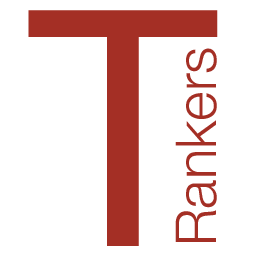Weakly Supervised Label Smoothing
We study Label Smoothing (LS), a widely used regularization technique, in the context of neural learning to rank (L2R) models. LS combines the ground-truth labels with a uniform distribution, encouraging the model to be less confident in its predictions. We analyze the relationship between the non-relevant documents-specifically how they are sampled-and the effectiveness of LS, discussing how LS can be capturing "hidden similarity knowledge" between the relevantand non-relevant document classes. We further analyze LS by testing if a curriculum-learning approach, i.e., starting with LS and after anumber of iterations using only ground-truth labels, is beneficial. Inspired by our investigation of LS in the context of neural L2R models, we propose a novel technique called Weakly Supervised Label Smoothing (WSLS) that takes advantage of the retrieval scores of the negative sampled documents as a weak supervision signal in the process of modifying the ground-truth labels. WSLS is simple to implement, requiring no modification to the neural ranker architecture. Our experiments across three retrieval tasks-passage retrieval, similar question retrieval and conversation response ranking-show that WSLS for pointwise BERT-based rankers leads to consistent effectiveness gains. The source code is available at https://anonymous.4open.science/r/dac85d48-6f71-4261-a7d8-040da6021c52/.
PDF Abstract


 Quora
Quora